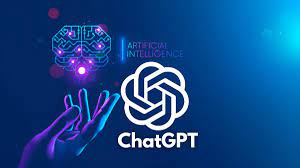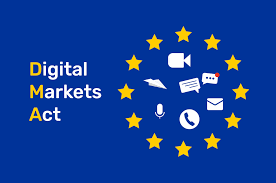The Complete iTunes Catalog, Disney+ App (with 3D movies), HBO Max, Prime Video, Thousands of iPad Apps, myCANAL and Arte in France… Watching Live TV or Streaming Movies/Series on Apple Vision Pro from Day One
Apple’s Vision Pro stands out for its extensive content offerings from day one, contrasting sharply with the more limited options on a Meta Quest. This marks an early triumph for Apple, despite the notable absence of Netflix and YouTube. Touted as a “spatial computer,” the Vision Pro headset is poised to redefine the television viewing experience. Its strength lies in seamlessly transitioning between a discrete integration (a virtualized 2D window on a wall) and an immersive experience (a VR cinema with a giant screen, for instance). Apple’s marketing increasingly emphasizes this versatility, presenting the Vision Pro as a TV, cinema, and gaming hub.
While Oculus Imagined Similar Uses a Decade Ago, Its Headsets Never Made This Leap
Despite Oculus’ early vision, its headsets failed to capitalize on this potential due to an underdeveloped video ecosystem. Meta, which acquired Oculus, lacks a strong presence in film or series sales, and third-party developers have largely missed the mark, as evidenced by subpar Netflix or Amazon apps.
On the Eve of Vision Pro’s U.S. Launch (February 2), All Signs Point to Apple’s Superiority
Apple’s Vision Pro is expected to be the premier headset for watching movies, series, or live shows right out of the gate, thanks to a more robust ecosystem. This represents a significant step for Apple, even as it faces challenges in other areas like gaming and productivity.
A Vast, Sometimes 3D, Catalog Available from the First Day
In 2024, Apple’s two press releases about the Vision Pro focused on its release date and cinematic experiences, underlining the importance of this aspect for the product’s first generation. Despite some limitations like the external battery and absence of controllers, the Vision Pro’s potential outshines its competitors.
With an Array of Virtual Screens and Rich Content, Apple Has the Upper Hand
Apple’s first strength lies in its rebranded Apple TV (formerly iTunes). Vision Pro owners will have access to millions of movies and series, including 150 3D films at launch. Alongside Apple TV+, several other apps will be available at launch with offline viewing capabilities:
- Disney+ offering free 3D movies to subscribers
- Prime Video, potentially in iPad app form
- MAX, the successor to HBO Max in the U.S.
- MUBI, known for high-quality content
- NBA, with an enhanced interface for matches and information
Despite Bright Prospects, Several Uncertainties Loom Over visionOS
The absence of Netflix or YouTube, which deliberately boycott Apple by disabling their iPad apps, is a significant concern. Although Safari can be used for video content in the interim, it lacks offline download capabilities. It’s still unclear if Safari-based video content can be maximized and placed in a 3D environment like official apps.
The Social Aspect: Do People Want to Watch TV in a Headset?
While watching TV in a headset may not appeal in a group setting, the experience could be compelling for individual viewing. The key challenge for Apple is making the Vision Pro as unobtrusive as a TV, a critical factor in its potential success.
The Future Challenge for Apple: Creating Immersive Content, Especially in Sports
Apple hopes developers will create unique content for the Vision Pro. Four spatial videos will be available for free in the Apple TV app at launch, showcasing a new 8K 3D 180-degree format. Apple’s acquisition of sports broadcasting rights suggests a vision of watching matches in a stadium-like environment. The question remains: when and will people embrace this experience?
Canal+ on visionOS: Promising Future Innovations Exclusive to Vision Pro
Canal+ indicates that future versions of its visionOS app will include exclusive features for the Vision Pro. While it’s unlikely to see series shot in 8K 3D 180 degrees for a limited audience, the future of the Vision Pro is intrinsically tied to the development of immersive content.



